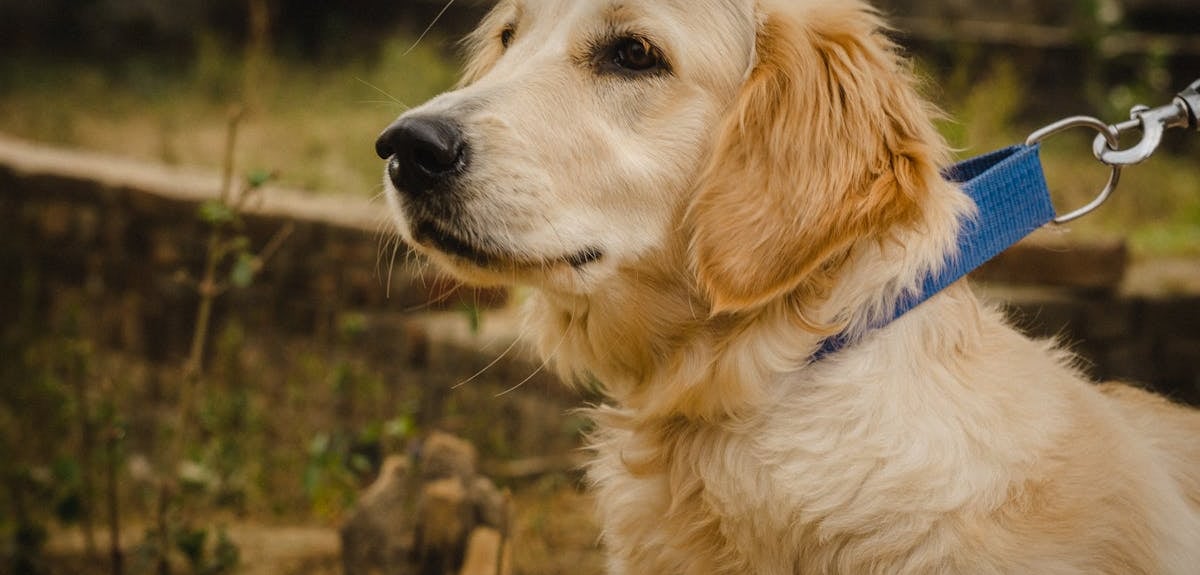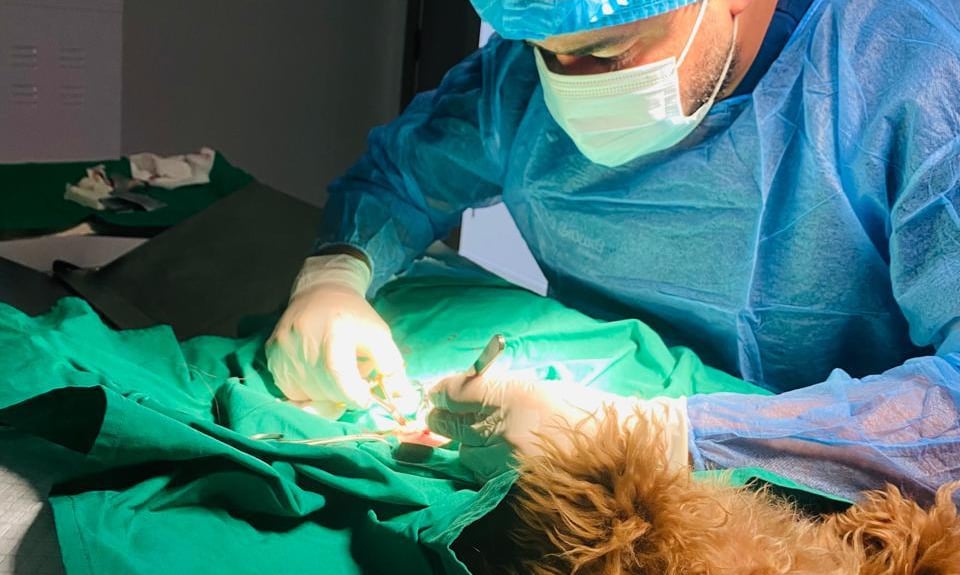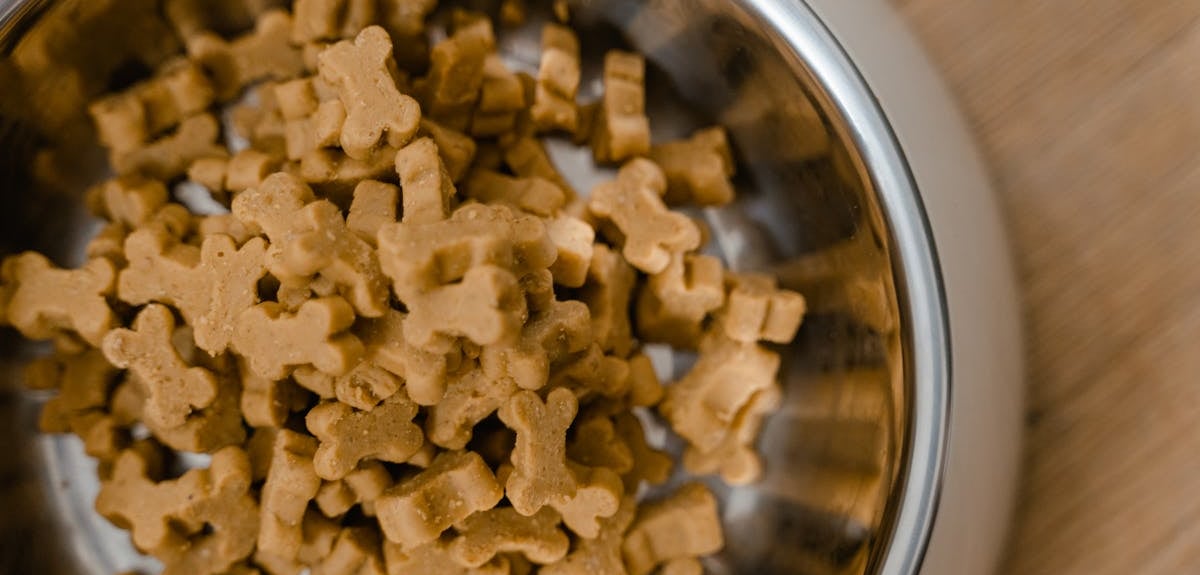Guaranteed Comfort and Complete Care for Your Pet.

How to Choose the Right Diet for Dogs With Hip Dysplasia in Dubai


Managing hip dysplasia in dogs requires a comprehensive approach, starting with proper nutrition. If you choose the right diet for dogs with hip dysplasia in Dubai, you should know that it can improve joint health, reduce inflammation, and enhance mobility. Tailoring your dog’s meals to include essential nutrients supports their overall well-being and helps manage this condition effectively. Consult a trusted veterinary clinic Dubai dog owners recommend to create a personalized nutrition plan that meets your pet’s specific needs. With the right diet and guidance, you can help your furry friend lead a more active and comfortable life!
Understand Hip Dysplasia in Dogs
Hip dysplasia is a condition where the hip joint fails to develop properly, leading to instability, discomfort, and restricted movement. It commonly affects larger breeds like German Shepherds, Labrador Retrievers, and Great Danes, but smaller dogs are not immune. This joint issue often stems from genetic factors, though rapid growth, improper weight, and lack of exercise can contribute to its severity. Over time, the condition may worsen, especially if left untreated, leading to arthritis and reduced mobility.
Choose the right diet for dogs with hip dysplasia in Dubai to improve their mobility and reduce joint pain.
Managing hip dysplasia requires a combination of approaches, with diet playing a key role. A well-balanced diet rich in joint-supporting nutrients can help reduce inflammation, improve mobility, and maintain a healthy weight. Regular veterinary check-ups and a focus on proper nutrition can significantly improve your dog's quality of life and slow disease progression.
Signs and Symptoms of Hip Dysplasia
Recognizing the symptoms of hip dysplasia early can help manage the condition effectively. Dogs with hip dysplasia may show signs such as stiffness, difficulty getting up, or reluctance to climb stairs. You might notice changes in their gait, like a limp or a bunny-hop motion when running. As the condition progresses, your dog may avoid physical activity and struggle with everyday movements. Pain during exercise, decreased muscle mass in the hind legs, and swelling around the hip joint are also common. Observing these signs early and consulting a veterinarian can lead to timely interventions that enhance your dog's quality of life.
Focus on Weight Management and Choose the Right Diet for Dogs with Hip Dysplasia in Dubai
Managing weight is important for dogs with hip dysplasia. Extra weight adds stress to already compromised joints, increasing pain and reducing mobility. Keeping your dog at a healthy weight can significantly improve their quality of life. A low-calorie, high-protein diet is an effective way to support weight management. Foods with lean meats like chicken, turkey, or fish provide essential nutrients without adding unnecessary calories. Avoid giving your dog high-fat treats or snacks, as they contribute to weight gain and inflammation. Regular portion control, combined with tailored exercise, ensures your dog stays fit, strong, and better equipped to manage hip dysplasia.
Include Joint-Supporting Nutrients
Including joint-supporting nutrients in your dog’s diet can make a big difference in managing hip dysplasia. Look for these key ingredients in dog food or supplements:
Glucosamine and Chondroitin: Protect cartilage, improve joint function, and reduce discomfort.
Omega-3 Fatty Acids: Found in fish oil, these reduce inflammation and support joint health.
Vitamin C: Helps with collagen production, which is important for healthy cartilage.
Manganese and Zinc: Essential minerals that aid in bone and joint repair.
Green-Lipped Mussel Extract: Provides natural anti-inflammatory properties and supports joint flexibility.
Incorporating these nutrients ensures your dog stays comfortable and active.


Sometimes, a surgery is the only solution.
Consider Specialized Diets
Many pet food brands offer products specifically designed for joint health. These diets often include added vitamins and minerals for extra support. Before switching to a new food and before you choose the right diet for dogs with hip dysplasia in Dubai, consult your veterinarian. They might also suggest supplements to complement your dog’s meals.
Choose High-Quality Protein
Protein helps maintain muscle mass, which supports the joints and reduces strain. Opt for food with high-quality protein sources like fish, chicken, or lamb. Avoid fillers like corn or wheat, as they add calories without nutritional value.
Avoid Harmful Ingredients
Some ingredients can cause inflammation or digestive problems. Steer clear of artificial preservatives, colors, and flavors. Ingredients like soy and excessive salt can also be harmful. Always check the label before buying food.
Hydration Is Key
Staying hydrated is just as important as eating the right food. Always provide fresh water for your dog. Wet food can also be a good option for increasing water intake, especially in Dubai's warm climate.
Monitor Your Dog's Progress
Keep track of your dog’s weight, energy levels, and mobility. Regular visits to the vet can help identify any changes in your dog’s condition. They might recommend hip dysplasia surgery dog may need to improve the quality of life.


A combination of home care and professional dental scaling keeps your pet’s mouth healthy and odor-free.
Get a Pet X-Ray for Accurate Diagnosis
If you suspect your dog has hip dysplasia, consult a vet for a pet x ray. This will confirm the diagnosis and help develop a proper care plan. Diet is only one part of managing hip dysplasia, so it’s important to follow your vet’s advice.
Supplement with Food and Accessories
You can support your dog’s diet with joint-friendly food and accessories. Look for orthopedic dog beds, joint supplements, and slow feeders to improve their overall health. Small changes can make a big difference in your dog’s comfort and mobility.
Support Your Dog’s Health Through Proper Nutrition!
Choosing the right diet for dogs with hip dysplasia in Dubai plays an important role in improving their comfort and mobility. A carefully planned diet rich in joint-supporting nutrients and focused on weight management reduces pain and inflammation effectively. Partnering with a reliable veterinarian ensures the best dietary choices tailored to your dog’s needs. High-quality ingredients and avoiding harmful additives are essential for maintaining your dog’s health. When you choose the right diet for dogs with hip dysplasia in Dubai, you provide a strong foundation for your pet’s long-term comfort and well-being!

